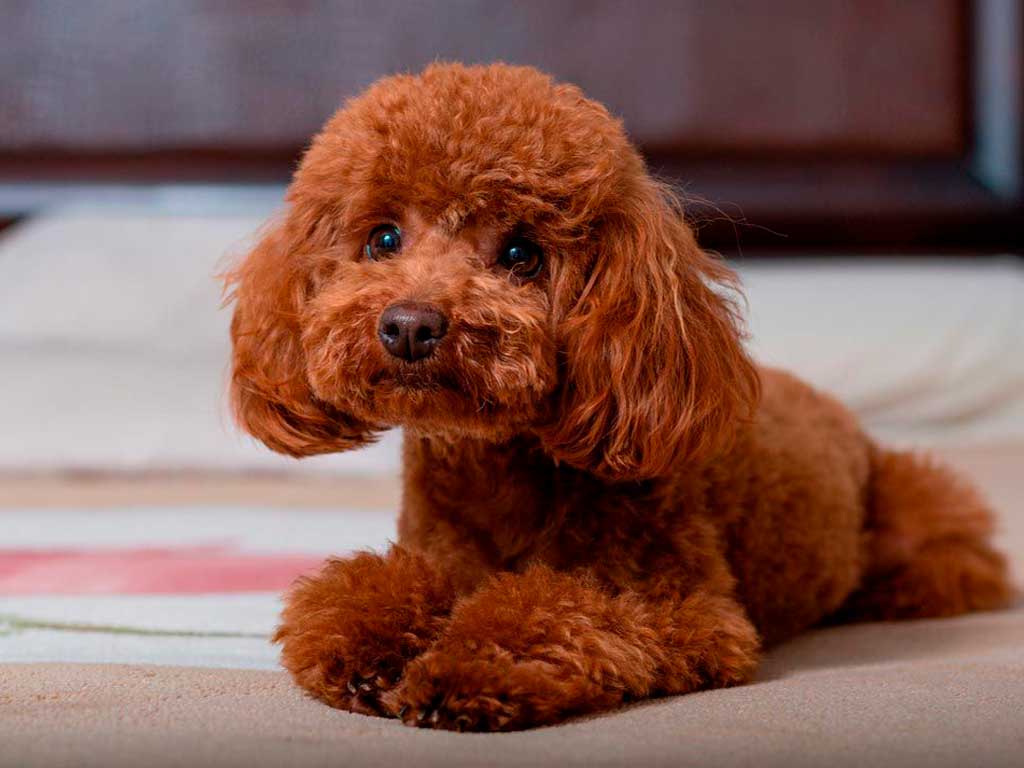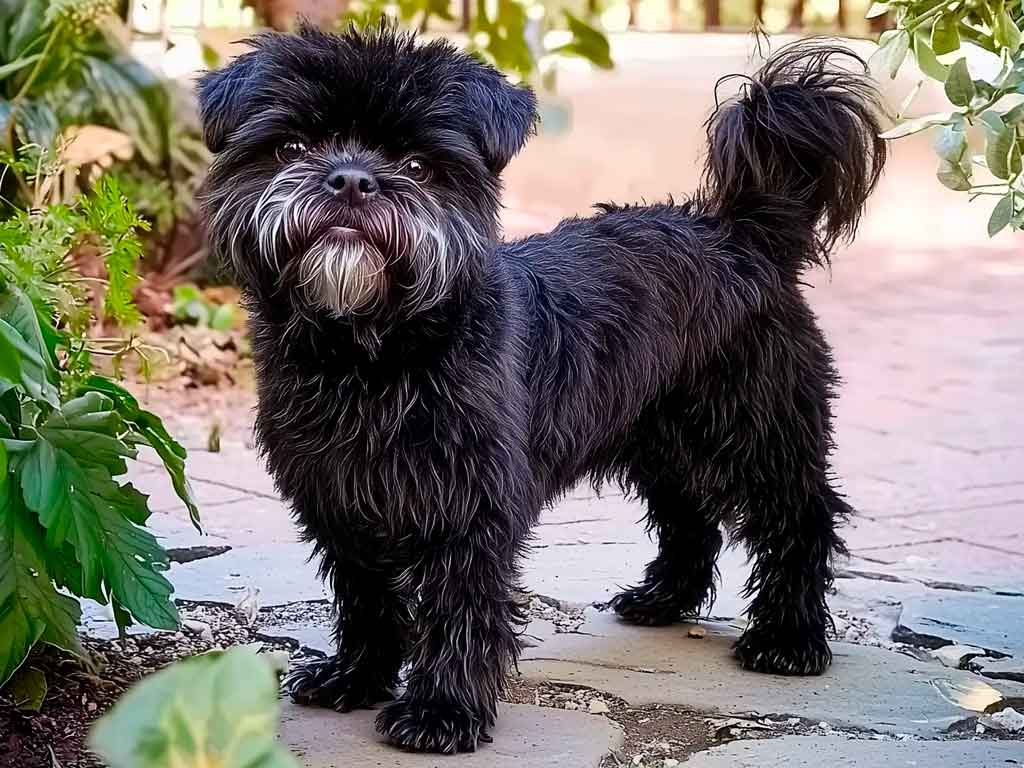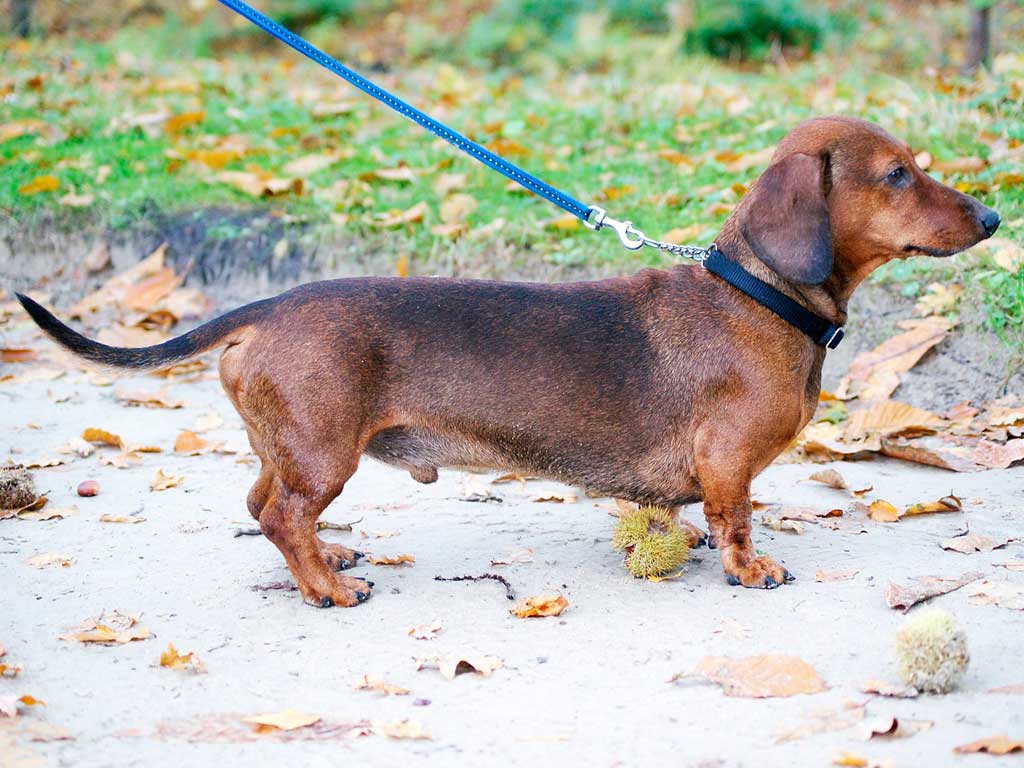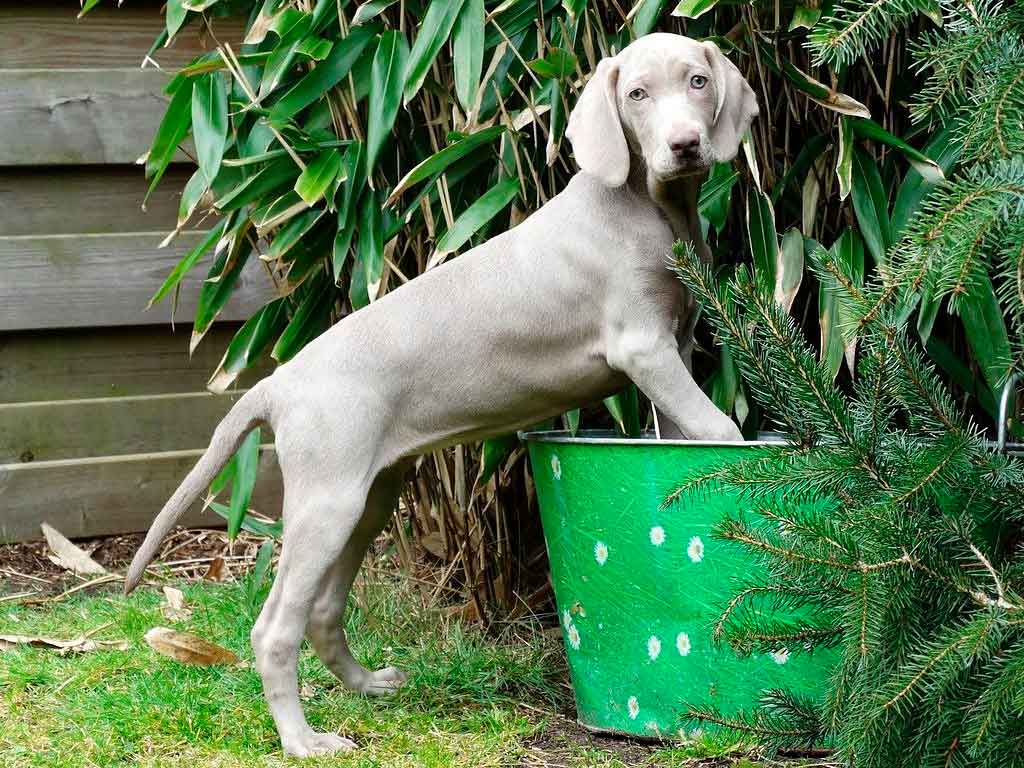The Toy Poodle is one of the most charming and elegant breeds in the canine world. Its tiny size doesn’t reflect the huge personality it carries, and its intelligence and sweetness have made it one of the most popular dogs for family life. In this article, you’ll discover everything you need to know about this adorable breed: its personality, origin, health, exercise needs, nutrition, grooming, relationship with children, and more.
Personality: Intelligent, Sociable, and Loving
The Toy Poodle is an active, obedient, and extremely intelligent dog, making it easy to train. It’s naturally sociable and craves constant companionship from its caregivers. Its cheerful, loyal, and affectionate temperament makes it the ideal companion for families, seniors, and homes with other pets.
However, this need for companionship means it doesn’t tolerate being alone well. Extended periods of solitude can lead to undesirable behaviors like excessive barking, destructiveness, or anxiety. Therefore, it’s crucial for owners to provide ample attention and both physical and mental stimulation.
Origin: From Hunting Dog to Royal Lapdog
The Toy Poodle is the smallest of the four Poodle types recognized by the FCI. Its history traces back to the Barbet, a dog of African origin that arrived on the Iberian Peninsula and was crossbred with the Portuguese Water Dog. This mix produced a versatile breed initially used for hunting waterfowl.
Over time, their function shifted due to their friendly temperament and elegant appearance. In 15th-century France, the Poodle was adopted as a companion dog and declared the national breed. In 1922, the Poodle Club was founded in Paris, and by 1984, the Toy Poodle was officially recognized as a distinct variety.
Health: Prevention Is Key
Despite their delicate appearance, Toy Poodles are generally robust dogs, though they are prone to some hereditary conditions. Common issues include:
- Eye problems: such as cataracts, glaucoma, entropion, and progressive retinal atrophy.
- Ear infections (otitis): common due to their floppy, hairy ears if not cleaned properly.
- Hypothyroidism: which can affect metabolism and energy levels.
- Epilepsy: requiring veterinary management.
- Skin issues: including allergies, fungal infections, and pyoderma.
- Joint problems: such as patellar luxation or hip dysplasia.
Regular vet check-ups every 6 to 12 months, vaccination, and parasite prevention schedules are essential to keep them healthy.
Exercise: Big Energy in a Small Package
Despite their small size, Toy Poodles are full of energy. They need 3 to 4 walks daily and benefit from active play sessions and environmental enrichment. They’re also great candidates for canine sports like agility or scent games.
Walks alone aren’t enough—this breed requires constant mental stimulation. Interactive toys, basic obedience training, and puzzle games will help keep their minds sharp and prevent boredom.
Nutrition: Feeding for Health and a Shiny Coat
A balanced diet is key to the overall health of the Toy Poodle, as well as maintaining its beautiful coat. Feed them high-quality kibble suited to their size and life stage (puppy, adult, or senior).
Key tips:
- Provide the right amount of food based on weight and activity level.
- Avoid products with excessive additives or unhealthy fats.
- Split their daily portion into two meals to aid digestion.
Always consult your vet before making major dietary changes, especially if your dog has allergies or digestive issues.
Grooming: Elegance Requires Maintenance
The Toy Poodle’s coat is one of its most distinctive features. There are two main types: curly or corded. Both are thick, dense, and require consistent maintenance.
- Daily brushing: essential to prevent mats, remove dirt, and reduce shedding.
- Monthly baths: using dog-specific products, followed by thorough drying.
- Eye, dental, and ear hygiene: clean eyes regularly, brush teeth, and inspect ears to avoid infections.
- Nail trimming: every 3 to 4 weeks, depending on natural wear.
Professional grooming every 6 to 8 weeks is recommended to maintain a clean and healthy coat.
Is the Toy Poodle a Good Dog for Kids?
Absolutely. Thanks to its gentle temperament, balanced energy, and intelligence, the Toy Poodle is well-suited for life with children. Playful and eager to interact, it makes an excellent companion for young ones.
As with any dog, it’s important to teach children how to respect the dog’s space and play appropriately. Early socialization ensures the dog will interact without fear or aggression.
Did You Know…?
The word “Caniche” comes from the French term “caniche”, which itself is derived from “can”, a word that referred to female ducks. This is because the breed was originally used for hunting waterfowl, thanks to its swimming ability and keen nose.
Size: Small but Full of Heart
The Toy Poodle is the tiniest of all Poodle types. According to the standard, it should not exceed 28 cm (11 inches) in height at the withers and typically weighs between 2 and 2.5 kg (4.4 to 5.5 lbs). This makes it perfect for apartment or small-home living—as long as it gets enough exercise and attention.
Its compact size doesn’t limit its energy or intelligence, and it’s this unique combination that makes the Toy Poodle so special.
The Toy Poodle is much more than a pretty face—it’s intelligent, affectionate, adaptable, and loads of fun. Though its care requires dedication, especially in terms of grooming and mental stimulation, its qualities more than make up for the effort. Ideal for families, singles, or seniors, this little companion is sure to fill any home with love and joy.
If you’re considering adding a new member to your family, the Toy Poodle might just be the perfect fit: a small dog with a big heart.







